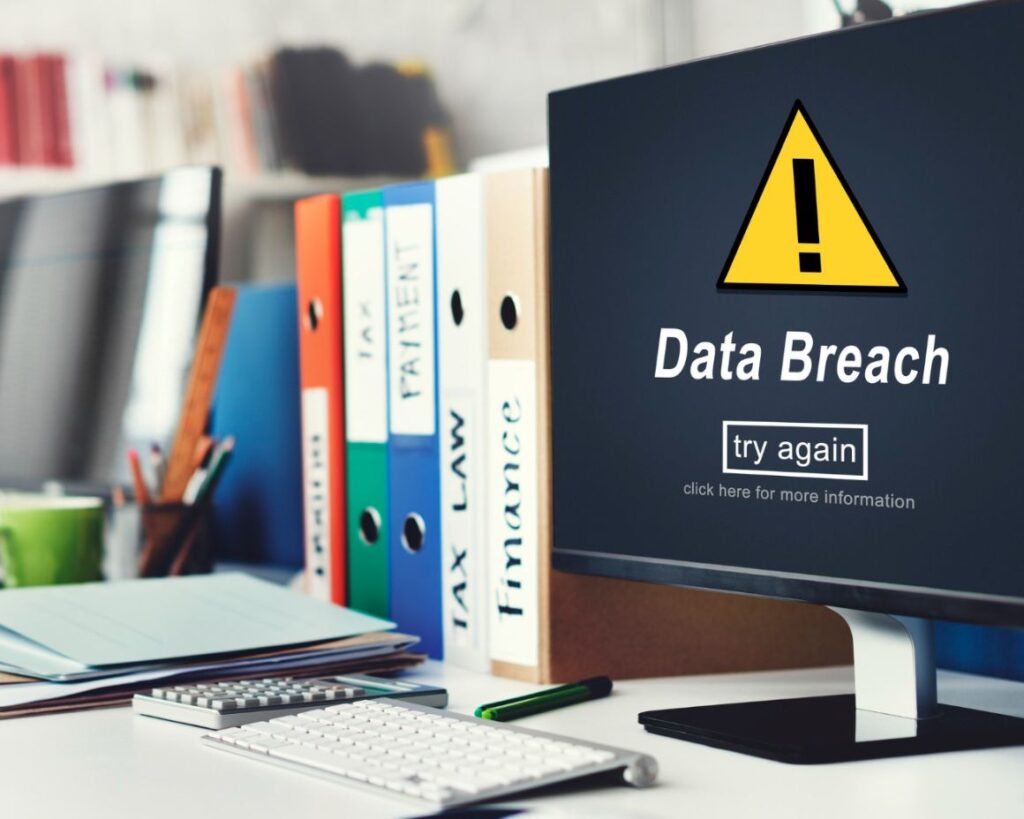In 2023, the average cost of a data breach in the U.S. reached $9.48 million — the highest in the world — up slightly from 2022. Healthcare breaches were even costlier, averaging about $10.93 million per incident. A These numbers highlight a hard truth: if your business collects customer details like names, emails, or phone numbers, protecting that data isn’t just a legal requirement — it’s critical for survival. In this blog, we’ll explore why data privacy matters in the U.S., what can happen if you fall short, and how the right partner can help you stay compliant, secure, and trusted.

What U.S.-Specific Data Tells Us
- U.S. breach cost high: As noted above, U.S. organizations face an average cost of $9.48 million per breach. The MGM Resorts data breach in 2023 is expected to cost the company over $100 million, after attackers gained access to guest data and disrupted operations
- Slower detection costs more: Breaches that take over 200 days to identify and contain cost far more (latest studies show average cost $5.46 million for those that exceed 200 days).
- Regulatory and legal risk is rising U.S. laws like CCPA (California Consumer Privacy Act), HIPAA (for health data), GLBA (for financial institutions), and various state privacy laws are imposing fines, enforcement actions, and class action suits.
U.S. Laws & Risks: What Happens When You Don’t Comply
Regulation Law
What It Governs
What Violations Can Cost / Trigger
CCPA / CPRA (California)
Privacy of personal information of California residents; rights around access, deletion, consent.
Up to $2,500 per non-intentional violation and $7,500 per intentional violation. Multiplied by many affected consumers, that adds up fast.
HIPAA
Protected Health Information (PHI) in healthcare, health plan, and health clearinghouse sectors.
Civil penalties ranging from $141 to over $2.1 million per violation depending on severity and negligence.
State Privacy Laws
Many U.S. states are enacting comprehensive privacy laws (Virginia, Colorado, Connecticut, Utah, etc.). These often include rights similar to CCPA + obligations around data security.
Fines, private rights of action in some states, reputational damage.
Federal Laws & Regulations
E.g., FTC enforcement (fraud / unfair business practices), SEC rules for public companies (cybersecurity disclosures), industry-specific ones (e.g. GLBA for financial, FCRA).
Penalties, lawsuits, forced remediation, remediation costs.
What Can Go Wrong: Beyond Just Fines
Here’s how things can unravel in the U.S.:
- Massive financial losses – not only from fines, but breach response costs, legal bills, customer compensation, credit monitoring, etc.
- Regulatory investigations that require disclosures, audits, public notices.
- Class action lawsuits from customers whose data was compromised.
- Loss of customer trust and negative PR – easy to quantify in lost retention, negative reviews, drop in sales.
- Operational disruption – downtime, frozen transactions, internal investigations, fixing vulnerabilities.
- Long-term erosion of brand – once trust is gone, it’s expensive and slow to rebuild.

How TaaS Helps U.S. Businesses Stay Compliant, Secure, and Trusted
At TaaS, we act as your privacy and security partner to minimize these risks:
- Regulatory Mapping & Compliance: We identify which laws (CCPA/CPRA, HIPAA, state laws, etc.) apply to your business and help you meet them.
- Secure Infrastructure: Encryption, least-privilege access, MFA, secure cloud setups, and DevSecOps practices tailored for U.S. threats.
- Risk Assessments & Testing: We scan for vulnerabilities in legacy systems, cloud misconfigurations, and third-party vendors.
- Incident Response Planning: We design and rehearse breach notification plans that align with U.S. disclosure rules.
- Employee Training: Practical training to reduce risks from phishing, social engineering, and careless handling of sensitive data.
- Consumer Transparency: We help with privacy notices, consent flows, and deletion requests to boost trust.
The Missing Link: Every Business Needs a CISO
Large corporations solve this by hiring a Chief Information Security Officer (CISO). A CISO is responsible for:
- Overseeing compliance.
- Managing security risks.
- Building incident response strategies.
- Leading data protection culture across the company.
But most small and mid-sized U.S. businesses don’t have a full-time CISO. That leaves a dangerous gap. This is where TaaS comes in as your “CISO-as-a-Service.” We provide the same leadership, oversight, and expertise a seasoned CISO would bring — but as a flexible service, tailored to your size, budget, and industry.
With TaaS, you gain:
- CISO-level compliance strategy.
- 24/7 security monitoring and best practices.
- Guidance on risk and vendor management.
- Incident response playbooks aligned with U.S. laws.
- Training and culture-building for your team.
The U.S. Bottom Line
Data privacy in the U.S. is not optional – it’s the difference between sustainable growth and catastrophic loss. Businesses that do privacy well not only avoid fines but also win customer trust and stand out competitively.
✅ Want the peace of mind of having a CISO without the overhead? Let TaaS be your CISO-as-a-Service. Reach out to us at hello@taas.com and let’s build security and trust into your business from the ground up.
